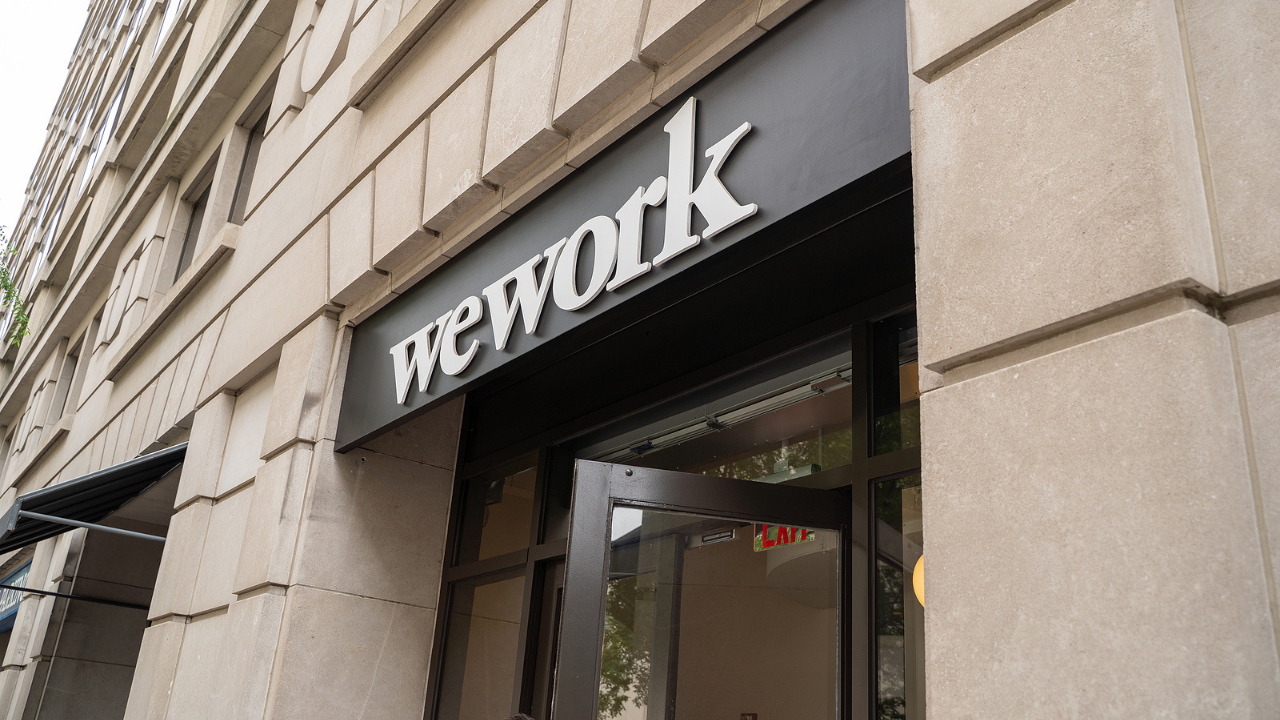Despite WeWork going through one of the most publicized implosions last year, the company has shockingly gotten on track to profitability and an IPO post-pandemic.
WeWork offices were once known for rowdy parties led by CEO and founder Adam Neumann. Neumann himself was known for lavish spending and delving into businesses outside of the office industry. This led to accusations of sexual harassment, drug use and a “frat-like” workplace culture.
After Neuman was forced to step down and Sandeep Mathrani took over as CEO, the company got rid of the excess amenities, businesses and acquisitions it accumulated over the years. It then shifted its focus onto cutting costs and redefining its toxic company culture.
Despite the coworking operator’s poor reputation, its resiliency throughout the pandemic has set it up to emerge from the pandemic stronger than ever.
Ready-to-use flexible offices have become a potential solution for companies looking to cut costs and short-term leases, without sacrificing the benefits of a physical workplace.
“We believe, based on our data and history, that flex is going to be a very viable alternative when interest in office space rebounds,” said Julie Whelan, Global Head of Occupier Research at commercial real estate firm CBRE. “It will come out of this stronger than it went in.”
Adopting flexible offices has been ideal for companies rethinking their operational strategies for the future, particularly those who are looking towards a hybrid or remote work model.
By including these workspaces as part of their new work arrangements, companies are able to meet the demands for workers, without putting them at risk.

 Dr. Gleb Tsipursky – The Office Whisperer
Dr. Gleb Tsipursky – The Office Whisperer Cat Johnson – Coworking Marketing Maven
Cat Johnson – Coworking Marketing Maven Angela Howard – Culture Expert
Angela Howard – Culture Expert Drew Jones – Design & Innovation
Drew Jones – Design & Innovation Andrea Pirrotti-Dranchak – Competitive Advantage
Andrea Pirrotti-Dranchak – Competitive Advantage Jonathan Price – CRE & Flex Expert
Jonathan Price – CRE & Flex Expert Jeremy Fennema – Tech Innovation Alchemist
Jeremy Fennema – Tech Innovation Alchemist







